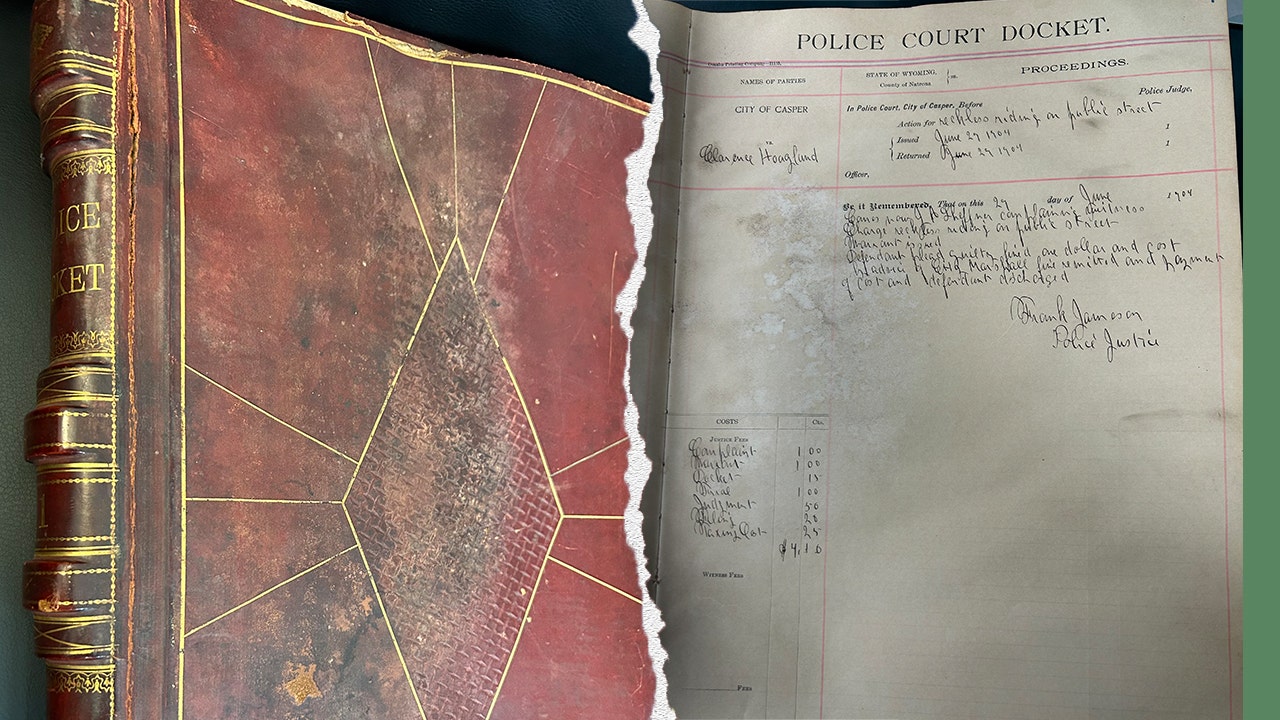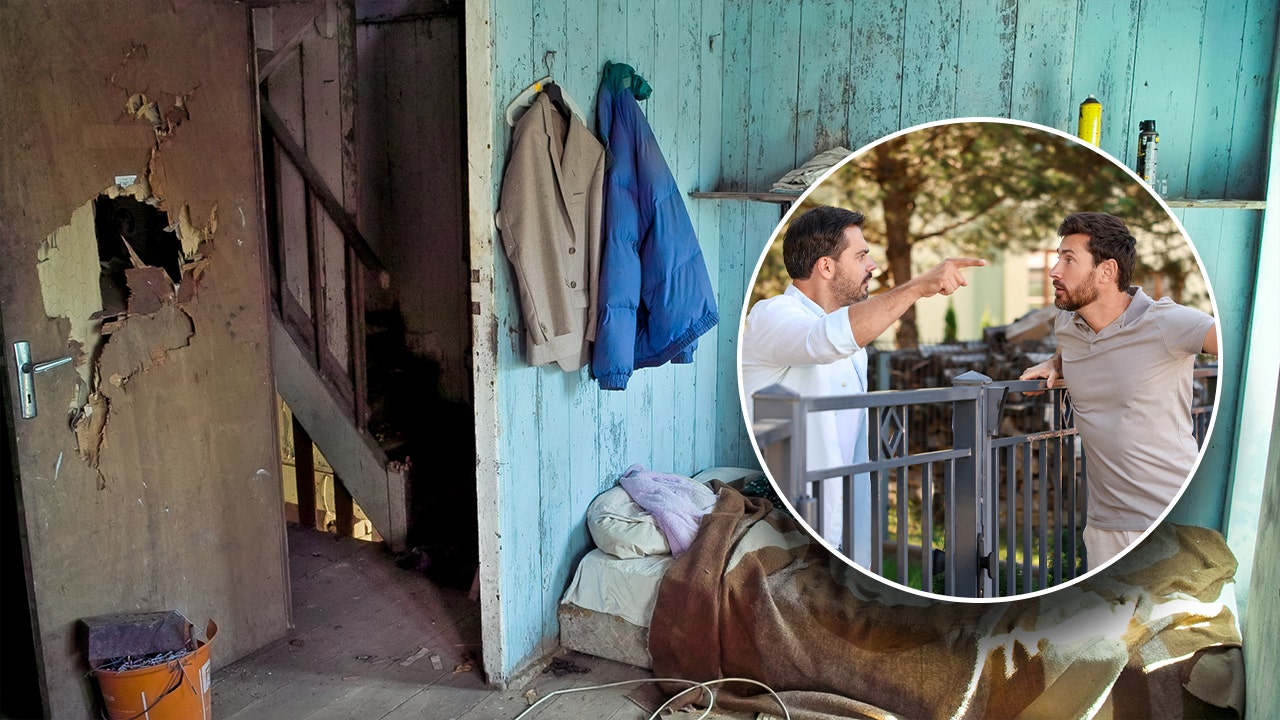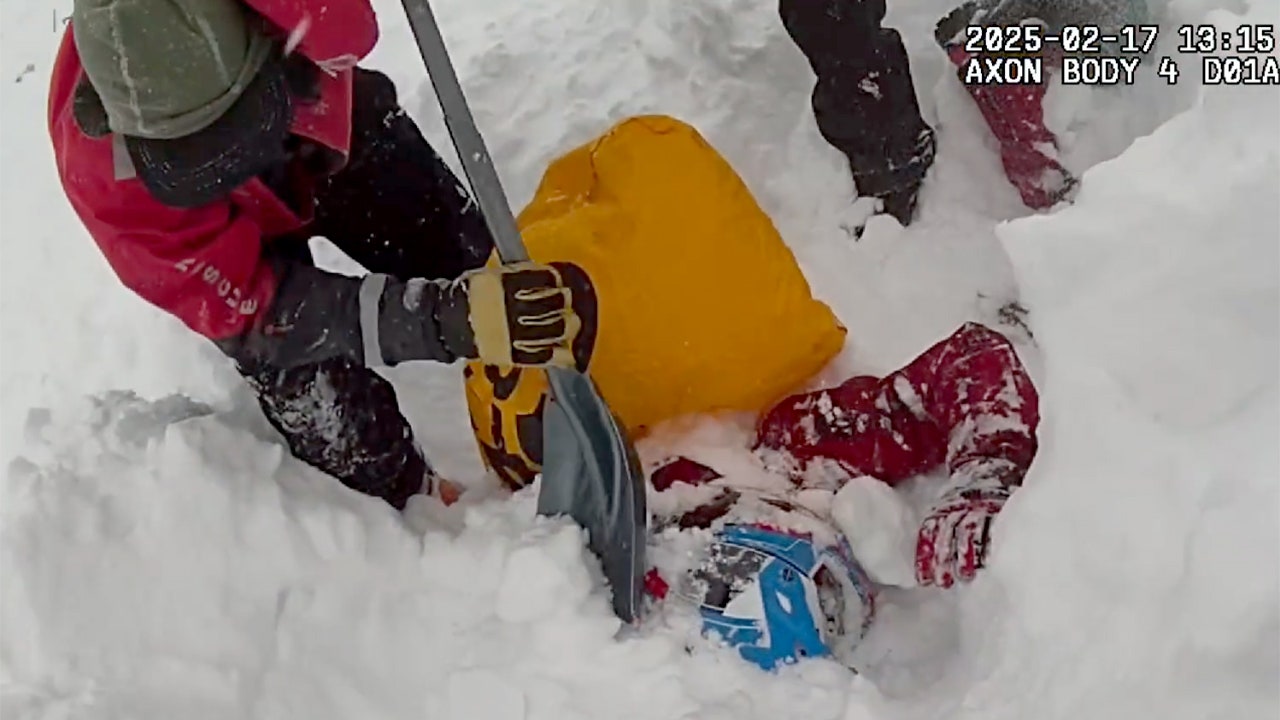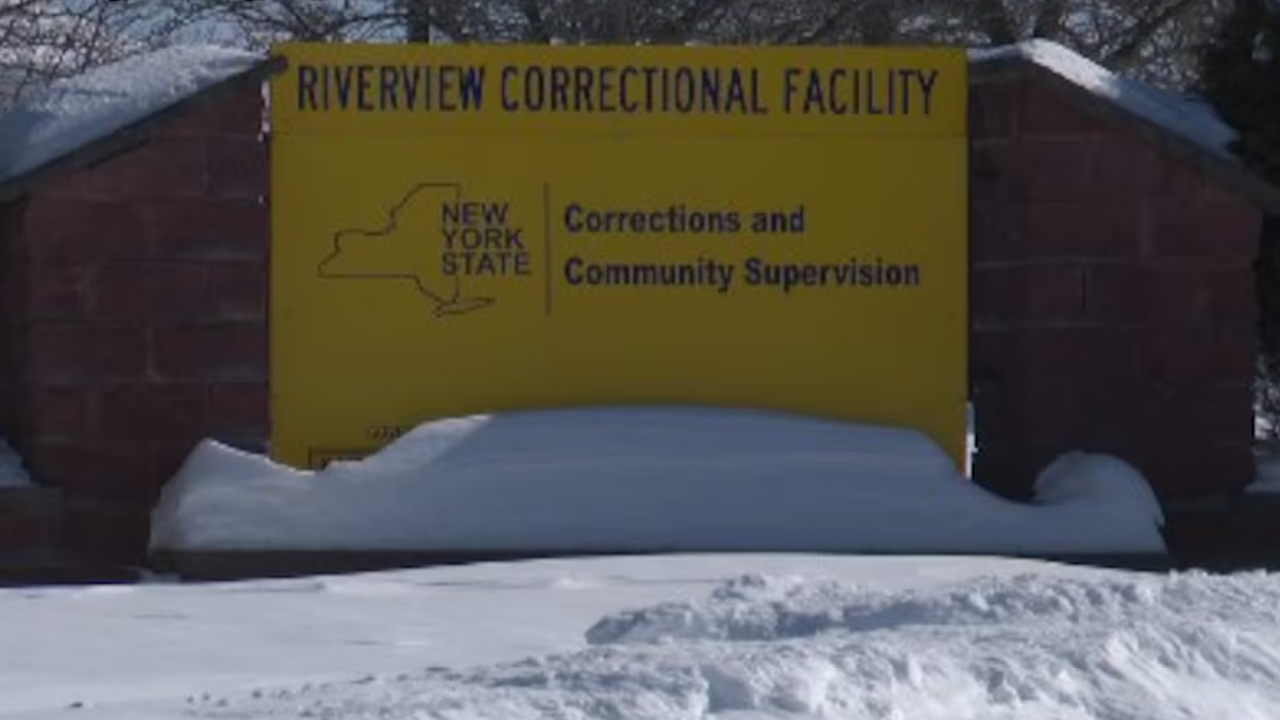Squatter Issues: The Hidden Cost on Community Safety
A squatter living on another person’s property can cost homeowners thousands in maintenance costs, court fees and other unwanted expenses, but the homeowner is not the only one affected by the unlawful resident.
Stories of squatters are told in states across the country, from homeowners themselves and from neighbors impacted, sharing how the unlawful residents have put a burden on the community.
Safety concerns and destruction caused by squatters impact neighborhoods directly, weaving a complex narrative that involves not just the affected homeowner, but also the community’s peace and security. This issue goes beyond mere property lines; it infiltrates the very essence of communal life.
Consider a house in Murryhill, Texas, where squatters resided for nearly two years. When George Huntoon, a Texas real estate agent, intervened in January 2023, the house resembled a post-apocalyptic scene. He described the interior as a haunting tableau, filled with rotten food, broken plumbing, and walls decorated with graffiti—a stark violation of the homeowner’s sanctuary. The situation quickly escalated as neighbors began to voice their discontent.
“The city was trying to come down hard on the owner, because they were blaming her for all these people and the mess,” Huntoon recounted, highlighting that the noise and chaos surrounding the property contributed to a palpable sense of anxiety among the community. The city’s response involved placing a red tag on the house, a gesture that reverberated throughout the neighborhood.
The Ripple Effect of Squatting on Neighborhood Dynamics
Another layer of disruption emerges from frequent police visits driven by disputes at the property. For instance, the environment surrounding the Murryhill home became charged with tension, underscoring how a single troublesome residence can diminish collective security and harmony. Neighbors found themselves on edge, questioning their own safety every time a siren pierced the air.
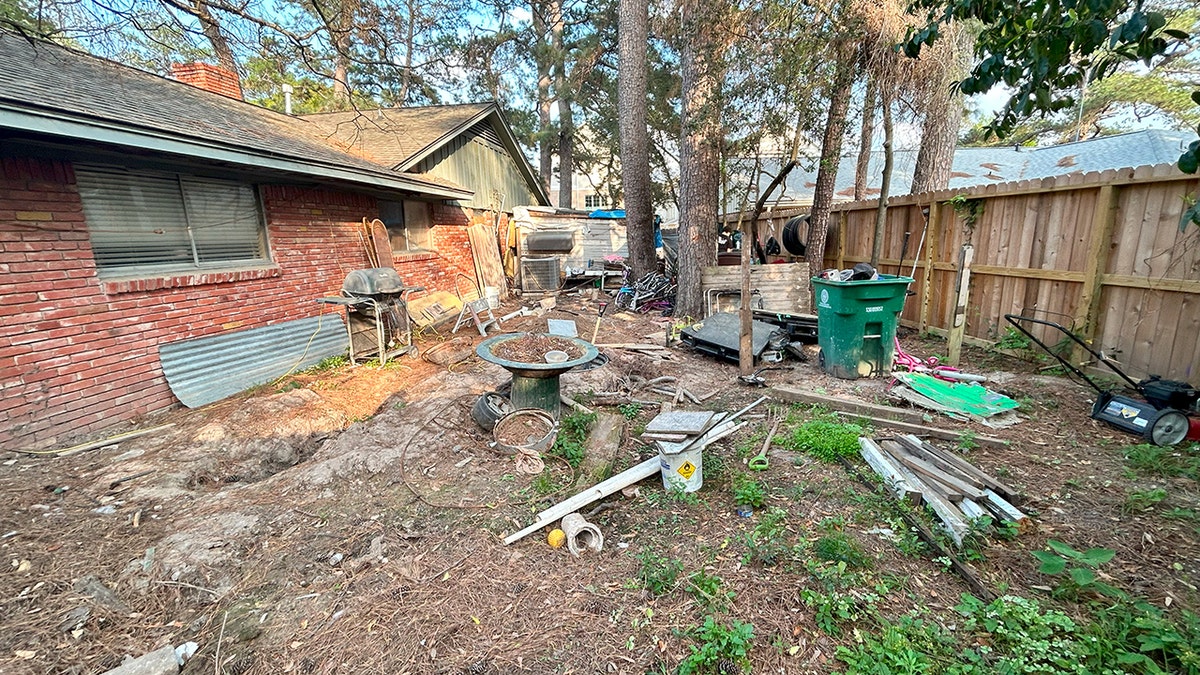
In Dowagiac, Michigan, the burden of squatting weighed heavily on community members for over three years. The initial arrangement allowed a man and his companions to stay in campers on a homeowner’s property. However, after the owner passed away, the squatters took full control of the house, distorting the vibrant fabric of the neighborhood.
Smith, a resident deeply affected by this situation, articulated the profound unease felt by his family. “We’ve got 14 cameras around our property. They did drugs over there, I already know that.” The air was filled with the acrid scent of chemicals, thwarting any attempt at normalcy. He nervously recounted how the fire department responded to frantic calls multiple times as the backyard shed continuously caught fire.
“My wife and my daughter did not feel safe here – when I was gone, they felt terrified,” he added, showcasing how the shadows of fear replaced the sunny smiles that once characterized their daily lives.
The Power of Community: Finding Strength in Togetherness
After all, squatter situations can negatively impact communities, yet they unveil an opportunity for neighbors to unite in support of one another. As Huntoon observed, the modern world often creates barriers between neighbors; many live side by side while remaining blissfully unaware of each other. But when challenges arise, these barriers can transform into bridges.
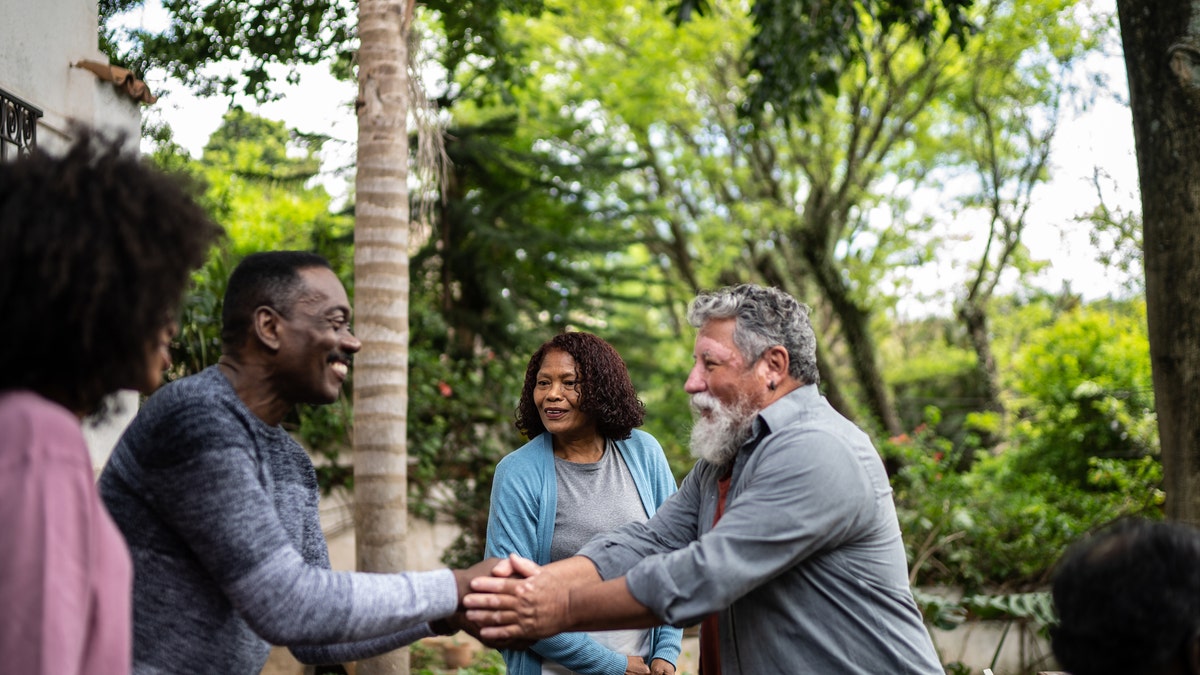
“In many neighborhoods, people don’t know each other. We’re all just busy and no one talks to anyone anymore,” he explained. This realization speaks volumes. Being a good neighbor isn’t just a quaint ideal; it’s vital in creating a safer living environment. Befriending those around you can turn your neighborhood into a fortified community, with eyes and ears watching out for each other’s interests.
It’s essential for homeowners to remember that empty homes can become targets for squatting. By fostering connections, they can cultivate a neighborhood where everyone looks out for each other, reducing the likelihood of illegal residents making themselves at home.
Squatters might disrupt neighborhoods, but they also remind us of the importance of community spirit—the very essence of what makes a place feel like home.



































